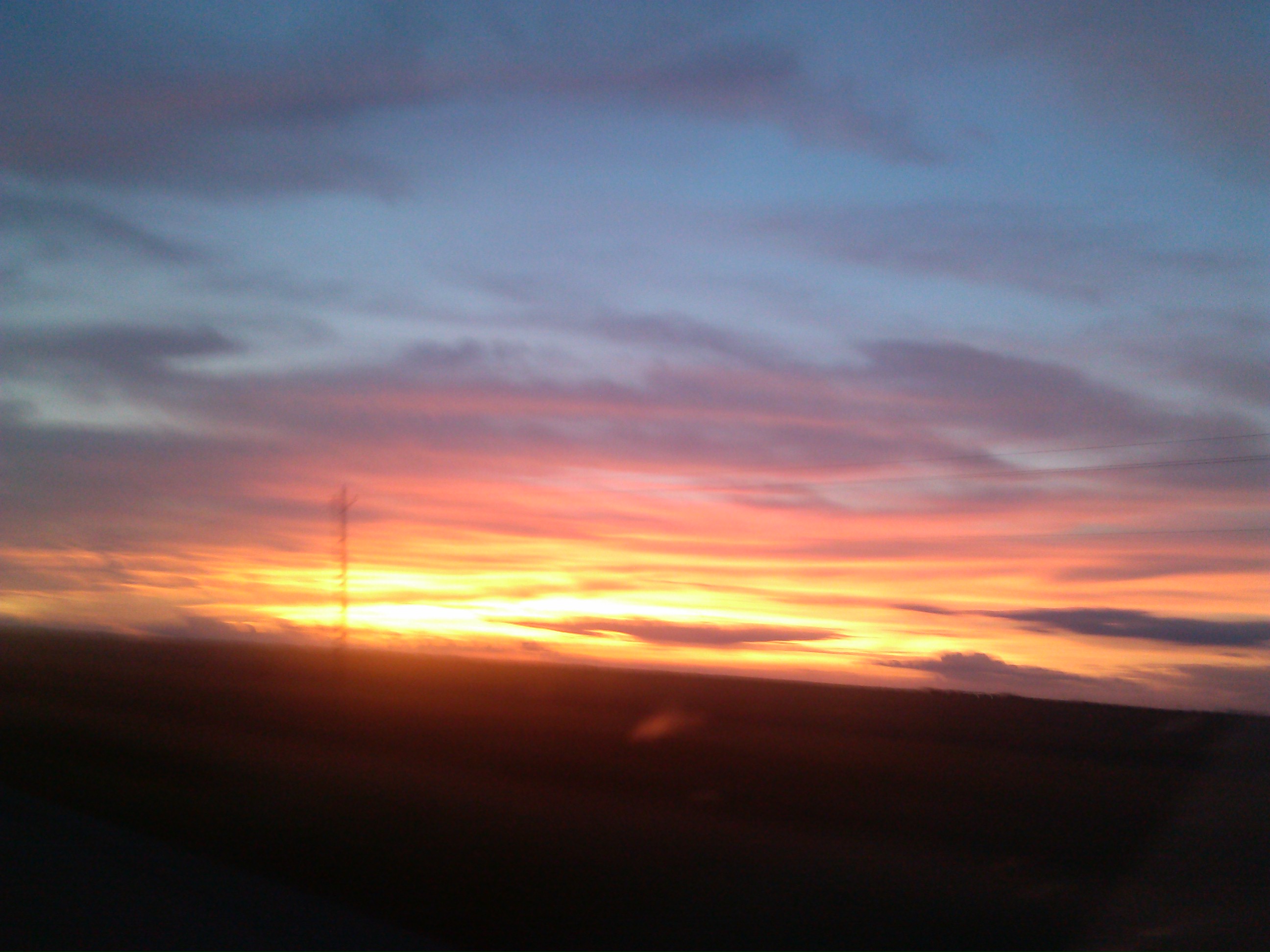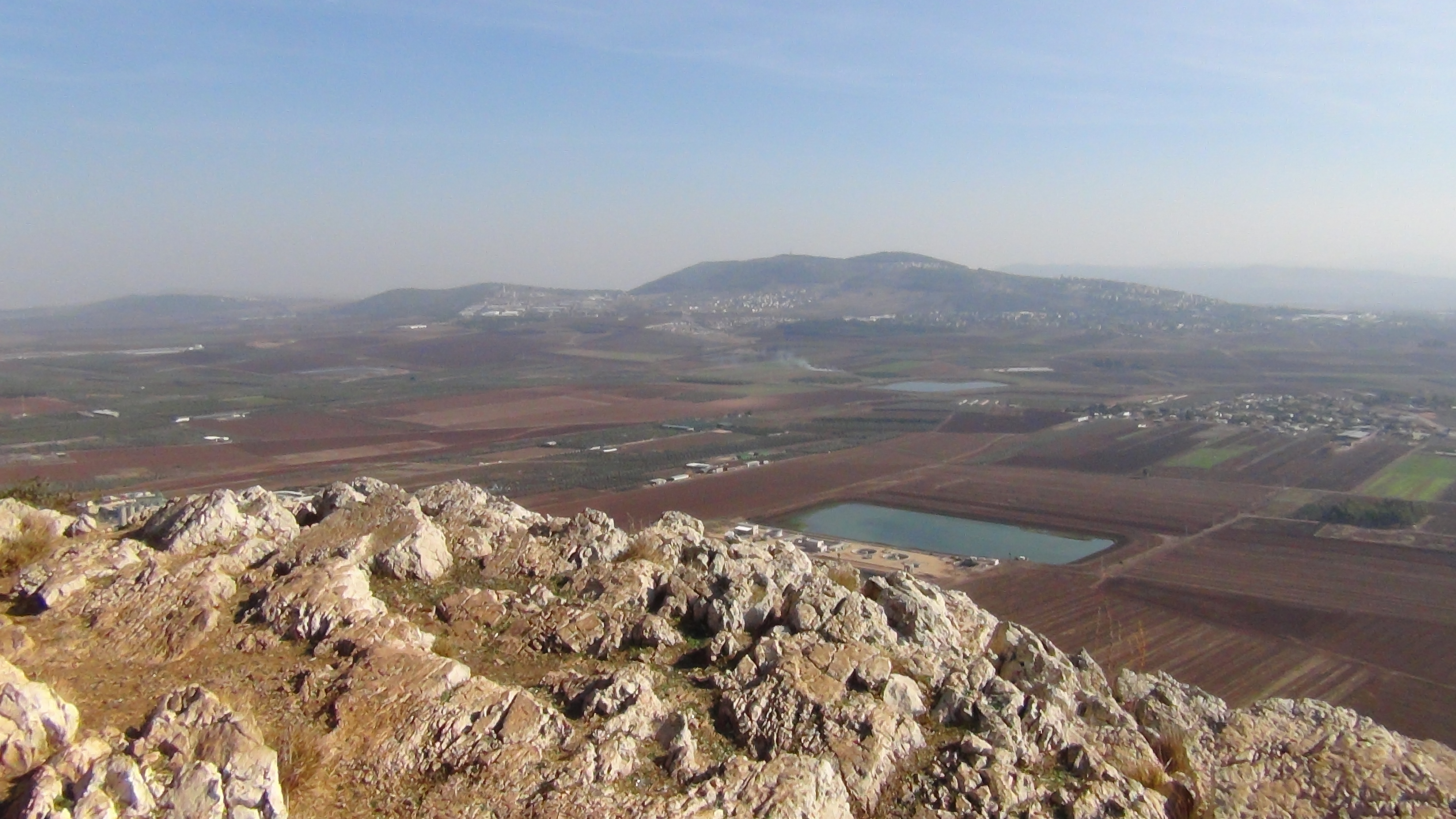Wis. 55: 12:13, 16-19; Rom. 8: 26-27; Mt. 13: 24-43
Judgement Day, Heaven or Hell! “Lord you are good and forgiving…judge with clemency.” I am reminded of a priest covert from a Protestant faith on the EWTN program Journey Home who said Catholics don’t preach much on heaven and hell. Perhaps this is because the focus is on repentance as pilgrims in our journey home to heaven.
The Master over all things does not need our repentance. Repentance is for our good not his and we should not expect leniency but offer our works to receive this grace. Scriptures says, “See how a person is justified by works and not by faith alone…For just as a body without a spirit is dead, so also faith without works is dead.” (Ja. 2: 24, 26). The Catechism teaches the necessity of faith, “therefore without faith no one has ever attained justification, or will anyone obtain eternal life” (CCC: 161). Faith is the mustard seed to grow through works into the largest of plants in a mature soul. Faith alone is not salvation it is the seed in the journey to salvation nourished by the works of love to our God of love. What are these works? They are the works of love in mercy and obedience to his commandments.
Today’s gospel makes clear there is no universal salvation, a “free ticket” everyone gets to have. Some people think everyone is going to heaven and/or there is no hell. There is good seed, the children of God and weeds, the children of the evil one. Who are the children of the evil one? Those committed to the works of the evil one. Let us not judge the person that is the work of God. Let us judge the works of evil for they will be known by their works. Commitment to a culture of death whether in the name of religion or as a State’s rights are a judgment the works of the evil one against the good of humanity.
In our country we have reached a stage in the culture of death called the “right to die”. In England the judicial system has ruled it has the right to decide the option of death for little Charlie J., the infant born with a rare disease. The state determines life and death not the parents. The court has ruled the parents have no rights to seek further medical care for a child and he needs to be taken home to die. The battle is on. We are not far behind in our laws. Take for example the Church opposition of contraception early in the debate while other faith denominations supported it. No one then thought of late term abortions much less partial birth abortions would be a legal reality. It was for the first trimester of pregnancy or in cases rape or danger to the mother. Today body parts are on the market for sale. Who all participates in the works of the evil one becomes a child of the evil one.
The works of the evil one include those that “cause others to sin”. Here we must examine our conscience. As a culture we value personal responsibility for our actions yet we are quick to blame, “he made me do it or she made me mad”. Is it not that there is a sense of mutual responsibility for the ultimate sin. We acknowledge the reality of cause and effect. Anyone who has dealt with or lived through domestic violence learns understands the cycle of abuse from one generation to another. How many souls will our actions impact for good or evil? How many generations will the impact have?
We also have the expression, “I don’t know what got into me, the devil made me do it.” The devil has received its just punishment but our judgment awaits his day.
In Spanish we have the expression, “En acción de gracias”, “in act of thanksgiving” God is merciful. Scripture says, “For by grace you have been saved through faith, and this is not from you; it is the gift of God, it is not from works, so no one may boast.” (Eph. 2:8) Have we found a contradiction in scripture? This completes our understanding of faith and works. God alone saves! There is no target of works we must reach to be saved for one to say “I met the goal and another I didn’t do enough”. Works are the cause and effect of faith. Just as faith has a cause and effect of love as scripture says, “…if I have all faith so as to move mountains, but do not have love, I am nothing.” Faith works through love in its works. We reside in his love through our works of mercy and obedience. It is not either or but both and, both faith and works belong together in salvation history.
The kingdom is like yeast, a little raises three measures of good bread. Jesus is our yeast and the woman is the church kneading the flour to give us a whole batch of children of God. Together we will feed the hungry souls of righteousness.
The faith of a mustard seed means we must take that leap of faith and trust God with how he calls us to good works. Heaven is calling. What is our response today?






Recent Comments